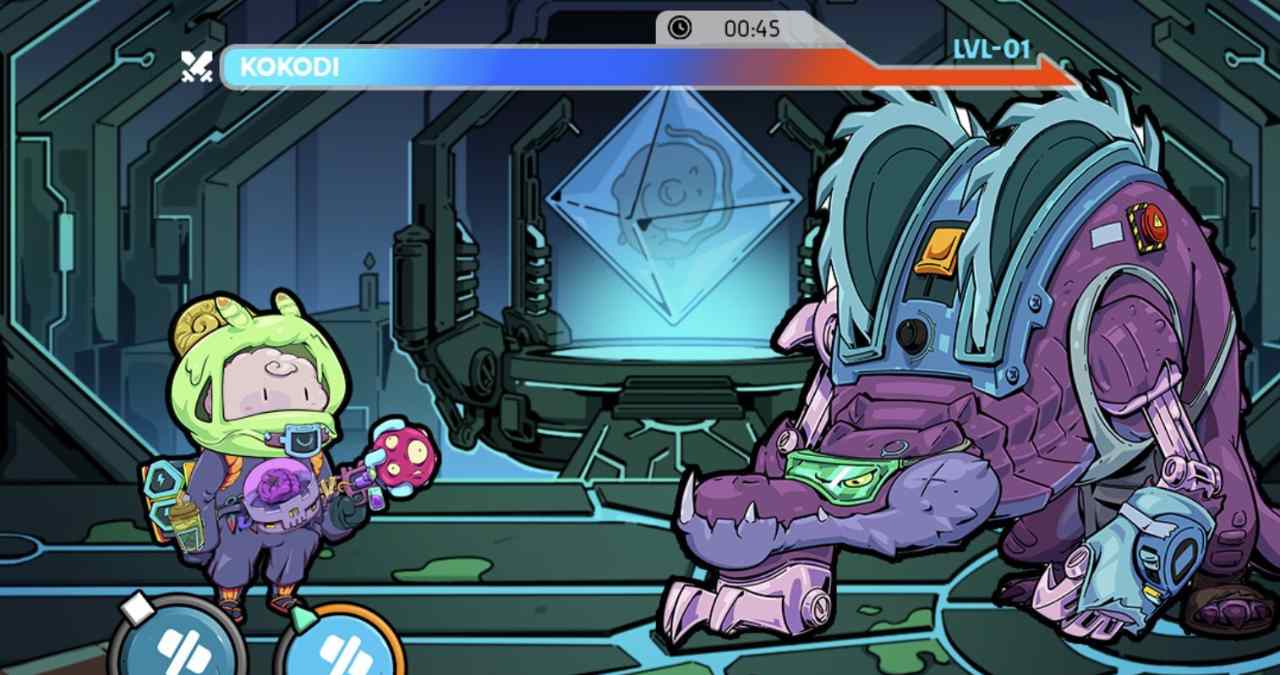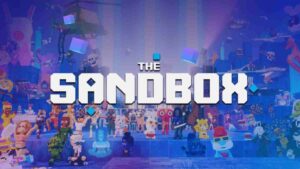Memoria Blitz, a turn-based idle RPG with blockchain integration, just launched a short public test phase it’s calling Trial Run #1. While the game itself is still in early development, this limited play window gives participants a shot at ranking on leaderboards that connect directly to future airdrop rewards. The event is part of a broader push to build interest in the game’s token economy and core loop before its official rollout later this year.
How the Trial Run works
The current playtest is short and structured. From July 10 to July 15, players can engage in idle battles, level up heroes, and compete in ranked PvP through the Arena. Progress during this phase contributes to leaderboard placement, which will help determine eligibility for the first wave of $BMR airdrops.
Access is granted through whitelisting, but participation is free. There’s no mention of spending or earning crypto during the test itself, keeping the focus on engagement and performance data.
Gameplay loop and mechanics
At its core, Memoria Blitz leans into the idle RPG model. Players collect units, build formations, and let combat unfold automatically. What sets it apart slightly is the inclusion of real-time Arena matchmaking and a layered progression system that rewards optimization rather than micromanagement.
It sits in a space similar to titles like AFK Arena or Idle Heroes, but with added emphasis on player-versus-player competition and future interoperability across Memoria’s broader ecosystem.
Web3 integration and token plans
While no tokens are distributed during this first trial, blockchain features are already being baked into the backend. Characters and items are tied to NFTs, and the upcoming $BMR token will serve as the ecosystem’s primary currency once launched.
The airdrop eligibility tied to Trial Run #1 is clearly aimed at incentivizing early player activity, and it’s likely this will become a recurring structure in future updates. The studio is positioning Memoria Blitz not just as a standalone game but as an entry point into a multi-project ecosystem under the Memoria brand.
What this signals about the genre
The auto-battler space has remained surprisingly sticky in mobile and casual markets, and Web3 studios are starting to pick up on that. By leaning into passive gameplay with layered token incentives, Memoria Blitz joins a small but growing group of blockchain games that prioritize session flexibility over intensive grinding.
If they can balance accessibility with real depth and avoid overcomplicating the economy it might carve out a spot among players looking for lighter daily engagement with longer-term rewards.
Web3 Analyst & Play Blockchain Games Guide
CryptoKit breaks down Web3 gaming like it’s second nature. From tokenomics to airdrop strategies, she turns blockchain chaos into clear, actionable advice for players who want to win more than XP.




